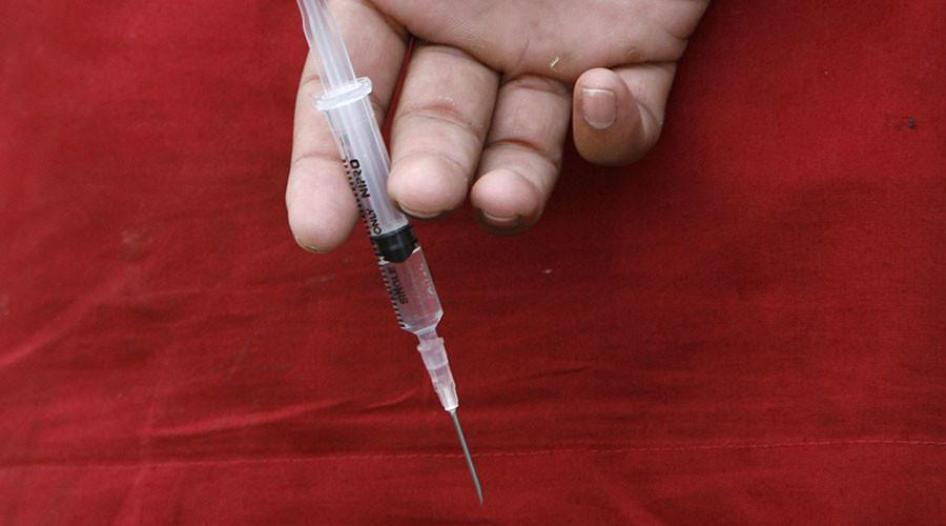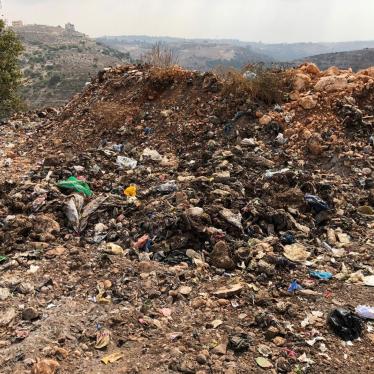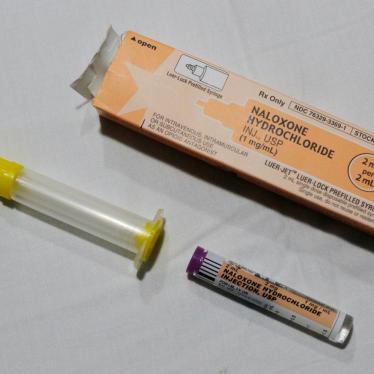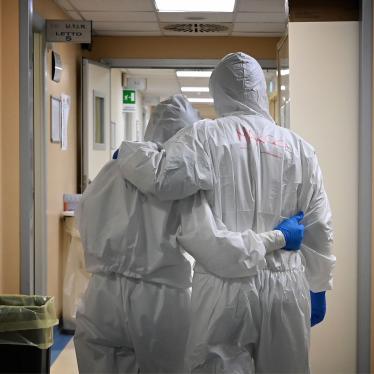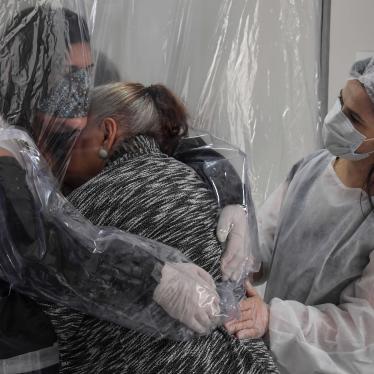As we approach 2019 – the year set out by the UN a decade ago as the target date by which to “eliminate or reduce significantly and measurably” illegal drug markets – the International Drug Policy Consortium, a global coalition of 170 nongovernmental organizations working on drug policy issues, argues that this goal has been “spectacularly missed.”
The Consortium’s report, drawing on data from government and nongovernment sources, provides a comprehensive evaluation of the 10-year UN drugs strategy and concludes by urging UN member states to conduct their own honest and thorough assessment of the strategy, something that has so far not happened.
According to UN data analyzed in the report, illegal cultivation of opium poppy and coca bush increased by 130 and 34 percent respectively between 2009 and 2018; the number of adolescents and adults who had used drugs at least once in 2016 grew by 31 percent compared to 2011; and drug-related deaths surged by 145 percent from 2011 to 2015. Meanwhile, the global drug market continues to flourish with annual turnover estimated at US$426 to US$652 billion. More than half of the gross profits from the drug trade are laundered, with law enforcement seizing less than one percent of that money.
Overly punitive drug policies have exacerbated violence in countries like Afghanistan, Colombia, and Mexico, the report said, resulting in countless deaths, enforced disappearances, and displaced persons.
UN data shows that one in five prisoners worldwide is behind bars for drug offences, the overwhelming majority for mere drug possession. In some countries, as many as 80 percent of women in prison are there for drug offences.
Rates of HIV, hepatitis C, and tuberculosis infection among people who use drugs continue to be far higher than in the general population as most countries lack prevention and health services, or people are reluctant to use health services because drug use is criminalized.
At the UN General Assembly, US President Donald Trump recently called for member states to sign a document supporting “action on the global war against drugs”. Sixty-three countries did not sign, saying the document was too narrow, without enough focus on health, human rights, and appropriate punishments.
The report recommends that the next global drug strategy focus not on creating a “drug free world” but on improving health outcomes, compliance with human rights norms, and promoting development, peace and security.
